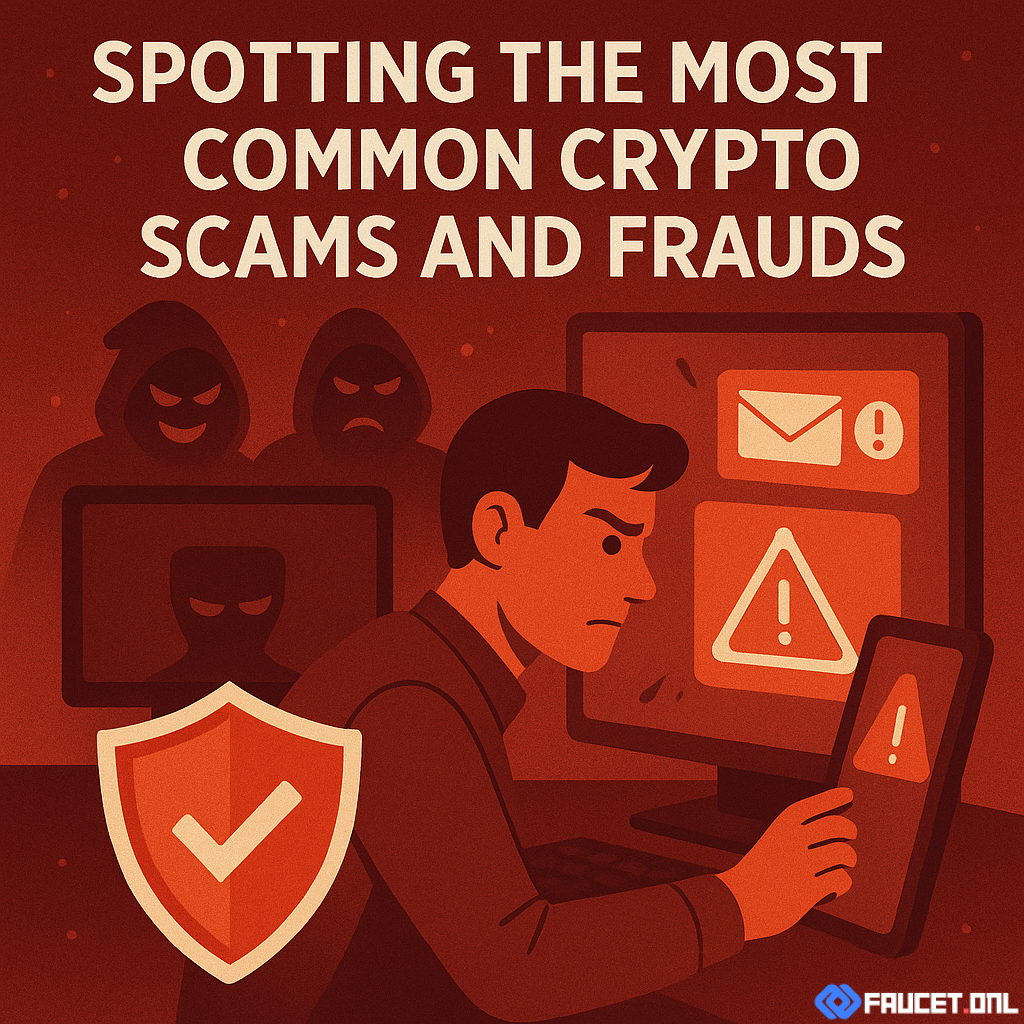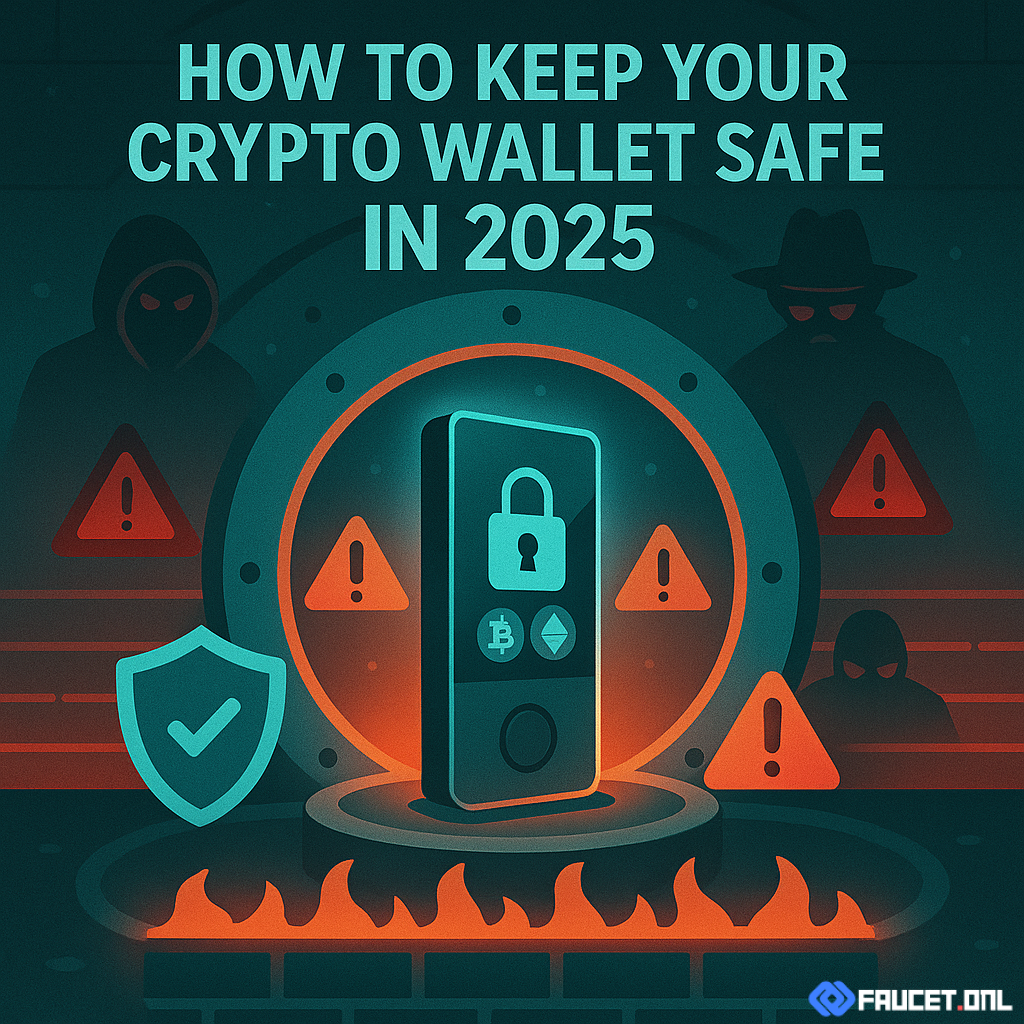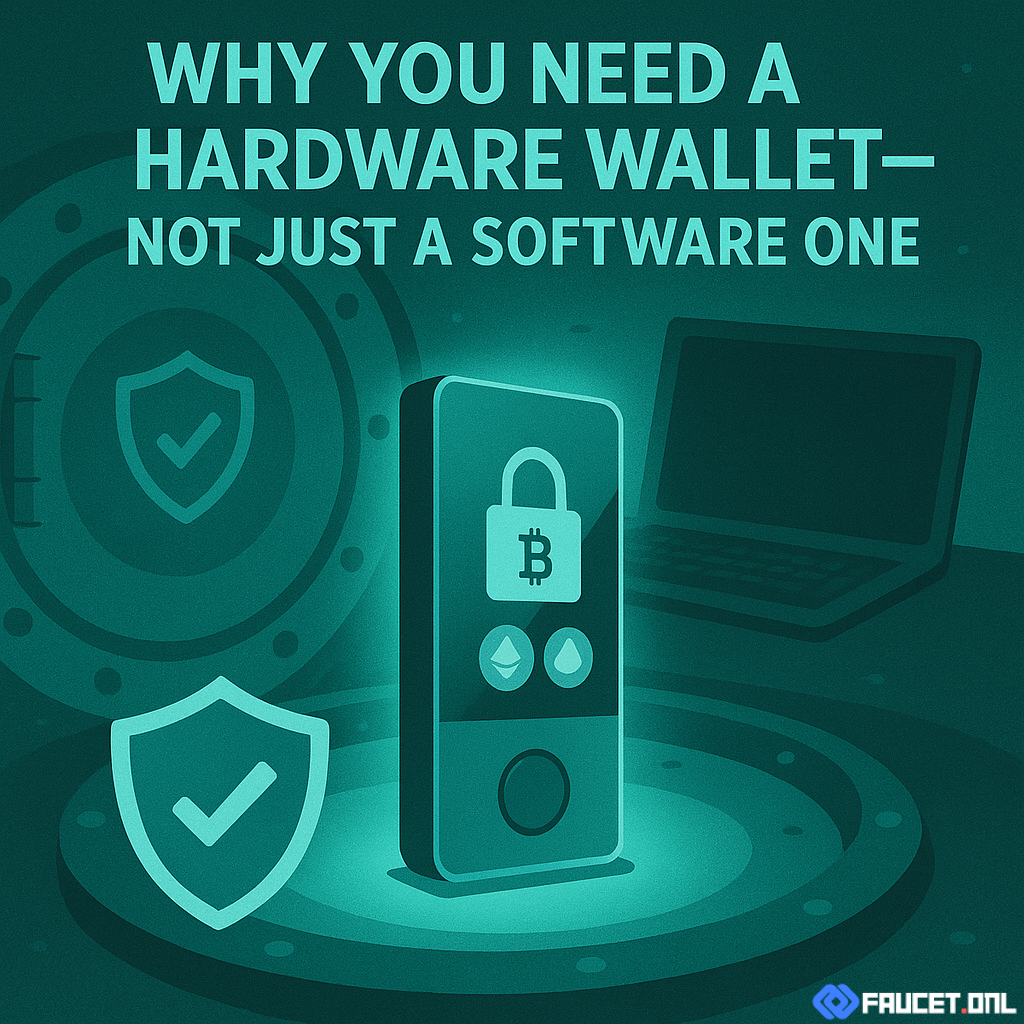How Crypto Scams Work
Understanding the mechanics behind crypto scams is the first step toward protecting yourself. Scammers exploit the decentralized and pseudonymous nature of blockchain technology to target users through social engineering, fake websites, malicious smart contracts, and phishing attempts.
Fraudsters often impersonate reputable exchanges, project teams, or even your contacts to gain trust and trick you into sharing private keys or sending funds. The lack of regulation and irreversible nature of crypto transactions make it easy for scammers to disappear without a trace. Many attacks start with seemingly harmless messages, flashy offers, or fake apps designed to harvest your information.
Whether it’s through email, direct message, or browser pop-up, these tactics are all designed to get you to act quickly—before you have time to think critically or verify legitimacy.
Most Prevalent Scam Types
The crypto space sees an ever-evolving array of scam types. Here are the ones users encounter most frequently:
Phishing Attacks: Fake websites or apps that look identical to real services, stealing your login info or private keys.
Pump-and-Dump Schemes: Groups artificially inflate a coin’s price and then sell off, leaving new buyers with losses.
Rug Pulls: Developers launch a token or project, attract users, and then suddenly withdraw all funds.
Giveaway Scams: Fraudsters impersonate celebrities or projects, promising to double your crypto if you send them funds first.
Fake Support: Impersonators offer “help” in Telegram or Discord, asking for wallet access or credentials.
Investment and Ponzi Schemes: Promises of high, guaranteed returns in exchange for your crypto deposit.
These scams can be elaborate and persuasive, targeting users across social media, forums, and even email.
Why People Get Caught
Even seasoned users can fall for scams due to the psychological tricks employed by fraudsters. Scams often use urgency, FOMO (fear of missing out), and trust manipulation to pressure users into fast decisions.
Promised rewards, fake endorsements, and official-looking websites create an illusion of legitimacy. Attackers may also exploit unfamiliarity with crypto technology or leverage social proof (like fake testimonials) to lower your guard.
The evolving nature of scams means that old warning signs don’t always apply. Scammers constantly invent new narratives and exploit trending topics to stay one step ahead of users.
Proactive Protection Methods
There are proven ways to dramatically reduce your risk of falling victim to a scam:
Verify Everything: Always double-check URLs, sender addresses, and the legitimacy of messages—even from familiar contacts.
Never Share Private Keys: No support agent or project will ever ask for your seed phrase or private key.
Use Hardware Wallets: Store large amounts of crypto in cold wallets rather than hot wallets or exchanges.
Enable 2FA: Two-factor authentication adds a critical extra layer of security to your accounts.
Update Regularly: Keep wallets, apps, and operating systems updated to patch vulnerabilities.
Stay Informed: Follow trusted security blogs and project channels for alerts on new threats.
Education and caution are your best tools against crypto fraud.
Trusted Tools & Resources
If you suspect a scam or want to learn more, several resources can help:
Scam Reporting Platforms: Websites like ScamAlert and Action Fraud allow you to report and check current scams.
Official Project Channels: Always use links from verified sources—check project websites and their official social media.
Crypto Security Communities: Reddit’s r/CryptoScams, Discord channels, and reputable Twitter accounts offer ongoing scam updates.
Wallet Provider Help Centers: Use official support for troubleshooting, never third-party offers.
Education Hubs: Explore free guides from organizations like the FTC or blockchain security firms.
If you’re affected by a scam, act quickly: alert your wallet provider, inform relevant authorities, and warn others to prevent further losses.
Summary
Staying alert and proactive is your best defense against crypto scams and fraud. Learn how scams operate, recognize their most common forms, understand the psychological tactics involved, and always use trusted resources. With knowledge and vigilance, you can protect your digital assets and outsmart even the most sophisticated fraudsters.



